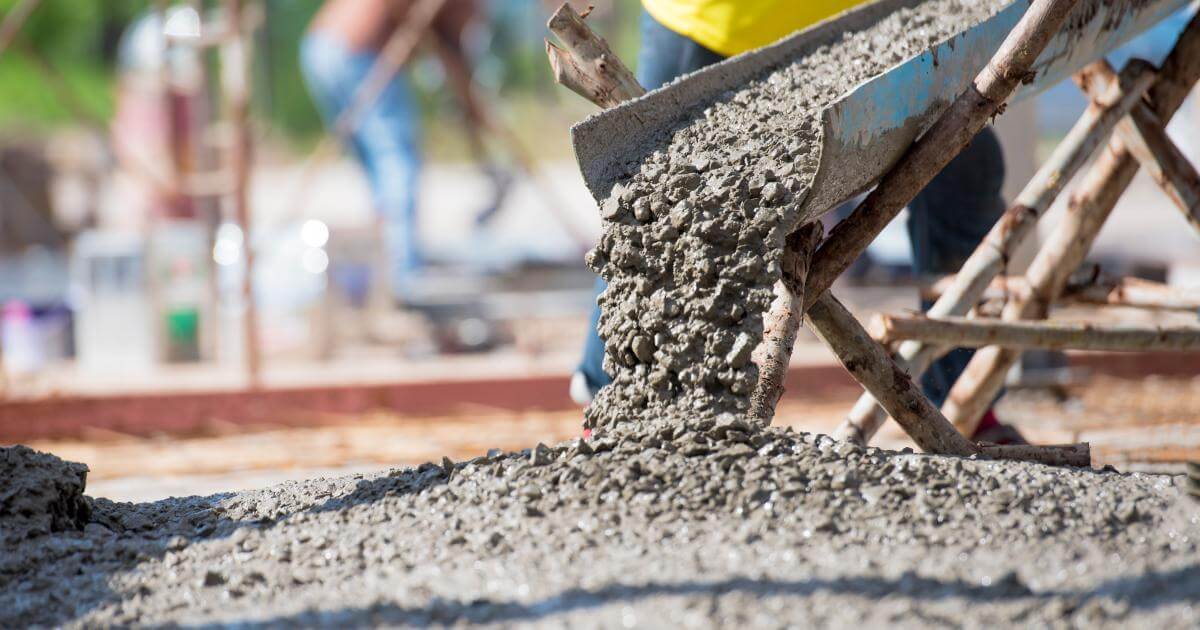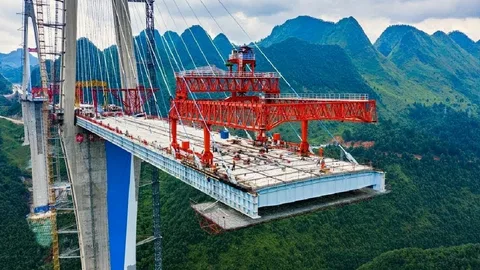
Concrete industry is regulated by the use of specific terms related to construction and building. The diversely skillful team working in paving and construction environments, including manufacturers, distributors, civil engineers, contractors, designers, or workmen, are well-aware of these concrete terms.
A good understanding of these technical terms enhances the efficiency of concrete work. Following is a list of words briefly explained to help you gain insight into concrete terms:
General Concrete Terms
- Abrasion: buffing away of concrete surface by friction
- Absorption: the amount or process of water absorption by concrete
- Accelerators: Enhance processes like setting time, hydration, and hardening
- Air content: Air gap volume in mortar, cement paste, or concrete
- Air meter: Air content measuring device
- Architectural Concrete: constantly viewed by the human eye, hence, designed accordingly
- Bleed through: Change in color due to color diffused from a layer beneath
- Butt Joint: Joins concrete slabs
- Chalking: Wearing away of concrete layer or surface to produce a loose powder
- Deterioration: Tangible demonstration of concrete degradation like flaking, scaling, and pitting etc.
- Diaphragm: A division or separation
- Elasticity: Ability of Concrete Terms to return to its original shape and form after a subjected pressure is released
- Floating: Eliminates high spots and covers low spots
- Grade: During concrete placement, ground elevation at areas where it joins with a structure
- Hydration: Water and cement reaction during the process of concrete development
- Impervious: Not allowing any fluids to pass
- Paste: A mixture of water and cement constituting concrete
- Pitting: Cavities formed on the concrete surface due to delimited disintegration
- Tint: Decoration of concrete by washing it with diluted color wash
- Viscosity: The degree of fluidity of a liquid substance, which determines its ability to flow
Read More: How Cement Is Made?
Concrete Terms & Specific
- Admixture: A material added to regulate certain characteristics of the mixture
- Alkali-Silica Reactivity (ASR): Silica reacting with alkali hydroxides, and
- Bituminous Cement: Substance that contains intermediate content of hydrocarbons. Available in various states including semisolid, solid, and liquid
- Calcium Chloride Vapor-emission Test: Measures moisture vapor content that produced by concrete substrate in a particular time
- Calcination: Loss of bound water and carbon dioxide to cause decomposition
- Lean Concrete Terms: Concrete with low content of cement
- Limestone: Calcium carbonate mineral rocks, occurs in various stages in concrete
- Mortar: A mixture of sand and cement paste
- Portland Cement: A cement that contains large content of calcium silicates that form a hard solid after reacting with water, followed by converting into concrete
- Ready-mixed Concrete: Amalgamation of concrete before sending it to be placed at the job site
- Rebar (or reinforcing bars): Ribbed bars of steel with varying strength grades and sizes, which enhance the flexural strength of concrete
- Salt finish: A process that involves the scattering rock salt on fresh concrete surface to add texture to it. It is followed by pressing the salt particles on the concrete surface using rollers. The salt is washed away after the concrete sets in place
- Slump: A degree of Concrete Terms consistency obtained after the removal of a molded specimen from certain cones
- Static Cracks: Fixed hairline splits on the concrete surface
- Zero-Slump Concrete: Extremely firm and dry concrete formed after the removal of slumps







